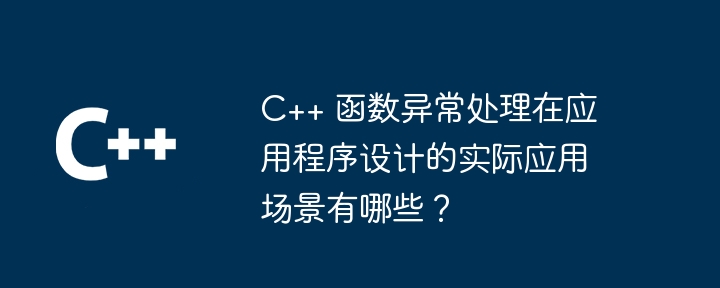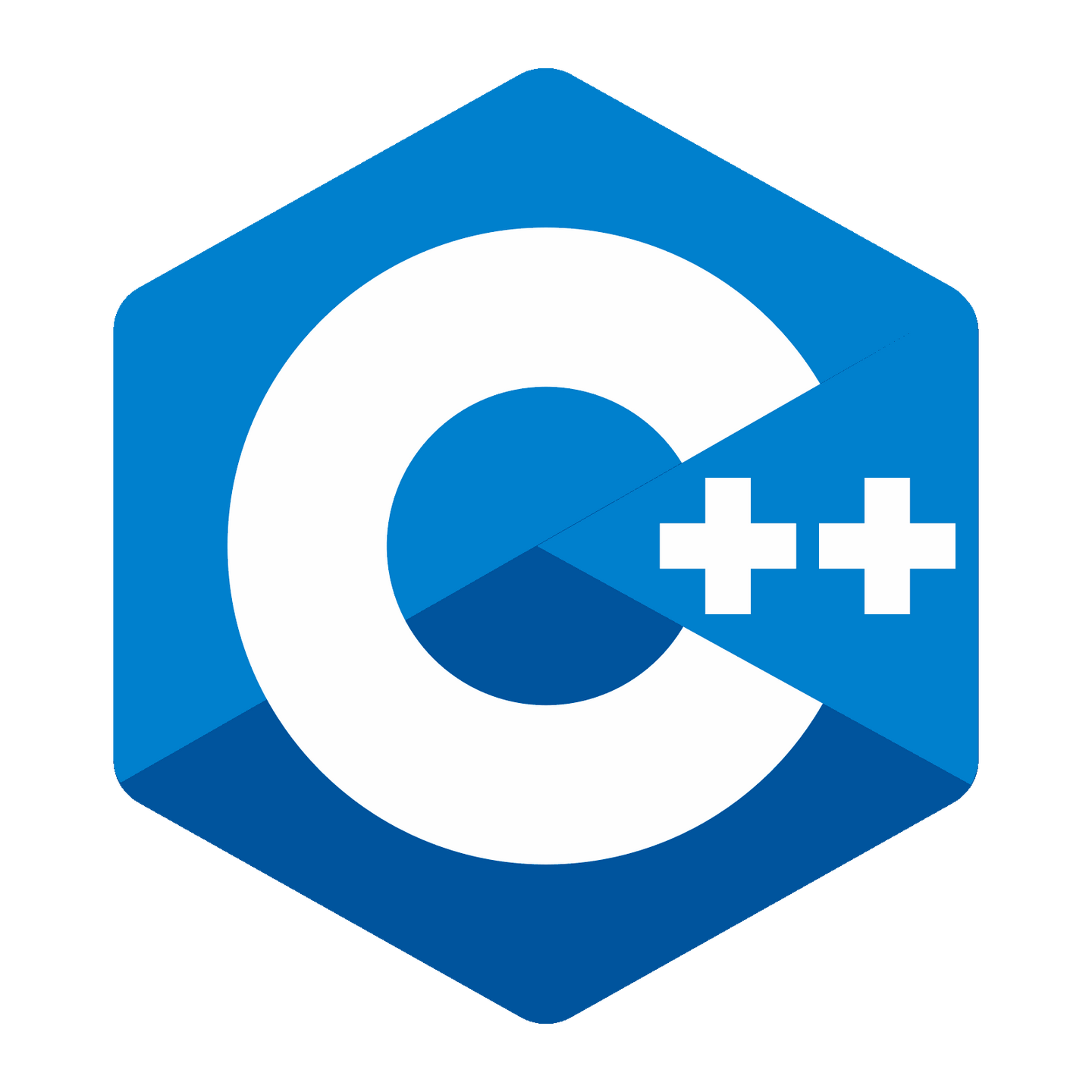函数异常处理是一种处理意外事件或错误的机制,使用 try-catch 块来处理异常。在应用程序设计中,它用于错误处理、资源管理和数据验证等方面。例如,在文件处理中,当打开文件失败时,函数异常处理可抛出异常,并通过 try-catch 块捕获该异常并输出错误信息,实现优雅的错误处理。

什么是异常处理?
异常处理是一种机制,允许程序在发生意外事件或错误时优雅地终止或继续执行。在 C++ 中,异常使用 try-catch 块来处理。
函数异常处理的应用场景
立即学习“C++免费学习笔记(深入)”;
函数异常处理在应用程序设计中具有广泛的应用,其中包括:
实战案例:文件处理
以下是一个演示函数异常处理在文件处理中应用的实战案例:
#include <iostream>
#include <fstream>
void readFile(const std::string& fileName) {
std::ifstream file(fileName);
if (!file.is_open()) {
throw std::runtime_error("Could not open file: " + fileName);
}
// ...其他文件处理操作...
}
int main() {
try {
readFile("example.txt");
} catch (const std::exception& e) {
std::cerr << "Error: " << e.what() << std::endl;
}
return 0;
}在此示例中,readFile 函数抛出一个异常来表示打开文件时出错的情况。在 main 函数中,我们使用 try-catch 块来捕获此异常并输出错误信息。这使程序能够优雅地处理文件打开错误,而无需终止整个程序。
结论
函数异常处理是 C++ 中处理意外事件和错误的强大工具。它允许应用程序在发生错误时优雅地处理,提供错误信息并根据需要释放资源。通过利用函数异常处理,您可以设计具有健壮性和可维护性的应用程序。
以上就是C++ 函数异常处理在应用程序设计的实际应用场景有哪些?的详细内容,更多请关注php中文网其它相关文章!

c++怎么学习?c++怎么入门?c++在哪学?c++怎么学才快?不用担心,这里为大家提供了c++速学教程(入门到精通),有需要的小伙伴保存下载就能学习啦!




Copyright 2014-2025 https://www.php.cn/ All Rights Reserved | php.cn | 湘ICP备2023035733号